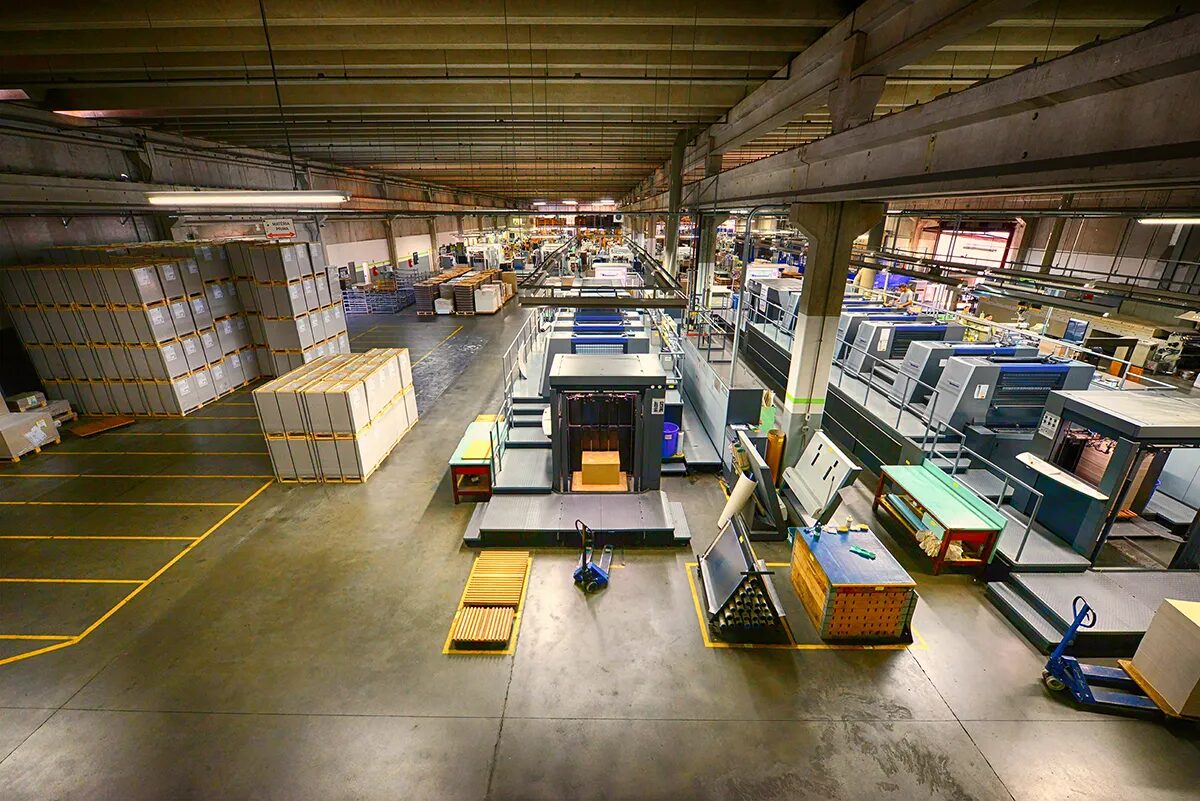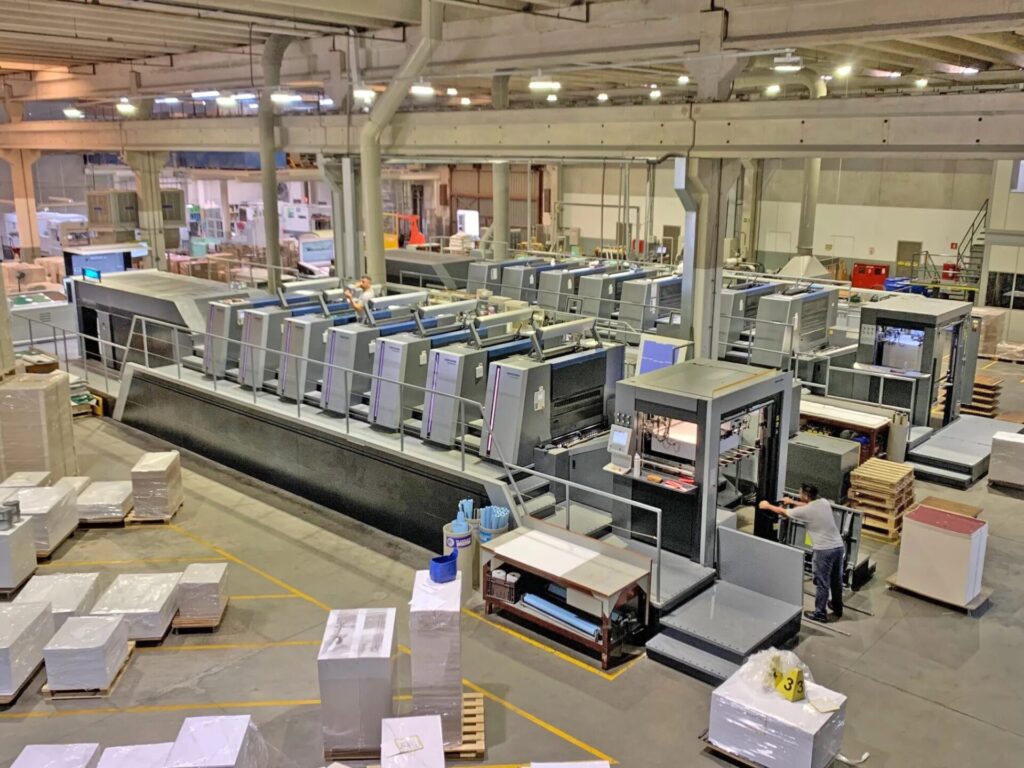
Board game maker Panda to stick with new Brazilian expansion deal, despite Trump threatening country with 50% tariff rate
Board game manufacturing major Panda says it plans to stick with its new Brazilian production operation, despite its first expansion outside of China immediately falling foul of a surprise 50% tariff announcement from the US.
BoardGameWire revealed last month that Panda had agreed a tie-up with Brazilian print and packaging company Kawagraf, offering board game publishers the chance to circumvent the hugely volatile US tariff situation with China and instead take advantage of Brazil’s 10% US tariff rate.
That plan was upended just a month later, however, when Trump threatened Brazil with a 50% tariff beginning on August 1 unless the country scraps the “witch hunt” trial of former far-right president Jair Bolsonaro, who is accused of being part of a coup that attempted to overturn the result of the presidential election he lost in 2022.
US tariffs on China had soared as high as 145% ahead of a 90-day ‘pause’ agreed in April, and currently sit at a still elevated 30%. The deadline set by the US for China to agree a deal before that tariff rate is potentially hiked again has now been set to August 12.
Panda CEO Michael Lee told BoardGameWire, “I have to say we are getting used to sudden and dramatic policy decisions from this US administration.

“Obviously this changes the attractiveness of Panda producing games in Brazil for the purpose of exporting them into the US.
“However, after the US-China tariffs were reduced from 145% to 30%, we have seen a large uptick in business volume for games made in China and we only have a small number of games currently being produced in Brazil so the short term impact has been fairly inconsequential.
“Hopefully in the future, the tariff arrangement between the US and Brazil becomes more favourable. Games produced in Brazil for the South American market are not affected by this news, and this was a major reason for our expansion into Brazil.”
Lee told BoardGameWire last month that Panda had been planning to expand its manufacturing beyond China since the first Trump administration, and had considered partnerships in the US, Europe and other parts of Asia.
He said the company picked out Brazil due to its “highly developed print and packaging industry, along with a robust and integrated supply chain for raw materials”, making it “an ideal location” for producing core game components like boxes, game boards, and playing cards.
Lee added that the partnership also provided opportunities for growth across the South American continent, thanks to free trade agreements between countries that are part of the region’s MERCOSUR trading bloc.
He said at the time, “Brazil has South America’s largest board game market and is home to notable publishers such as Galapagos Jogos, Grok, and Paper Games.
“Argentina and Columbia are the second and third largest economies in MERCOSUR. Although both countries have limited access to board games, local gaming communities do exist.
“Given their large populations and social cultures, we believe there is untapped potential to grow our hobby into these markets.
“While Chile is not a MERCOSUR member, Santiago boasts a vibrant gaming community and is home to the Ludifest gaming expo.
“Some local publishers such as Fractal Juegos have also had international success. In an effort to grow our presence in Latin America, Panda recently hired our first Spanish-speaking project manager who is based in Santiago.”

That aspect of the deal has gained much more importance following the 50% tariff threat, and Lee confirmed to BoardGameWire that Panda plans to continue its partnership with Kawagraf following the news – although he added that the nascent status of the operation meant it doesn’t have “a huge influx of orders yet”.
He said, “With the growing South American market, we are confident we will have enough business volume to sustain the business.
“It is possible that the US-China or US-Brazil trade agreements fundamentally change in the future and by having an alternative production option for our clients, we can mitigate some of these risks.
“If tariffs on China rise or if the tariffs on Brazil decrease, the equation could change overnight so we need to be ready.”
Panda customers affected by the Brazil tariff surge include Votes for Women publisher Fort Circle Games, which had agreed with Panda for its new title The Halls of Montezuma to be made through the Kawagraf factory.
Kawagraf, which provides cardboard packaging for consumer goods ranging from food and drink, toothbrushes, batteries and beauty products, has previously produced board games including Zombicide, Exploding Kittens and The Mind.






